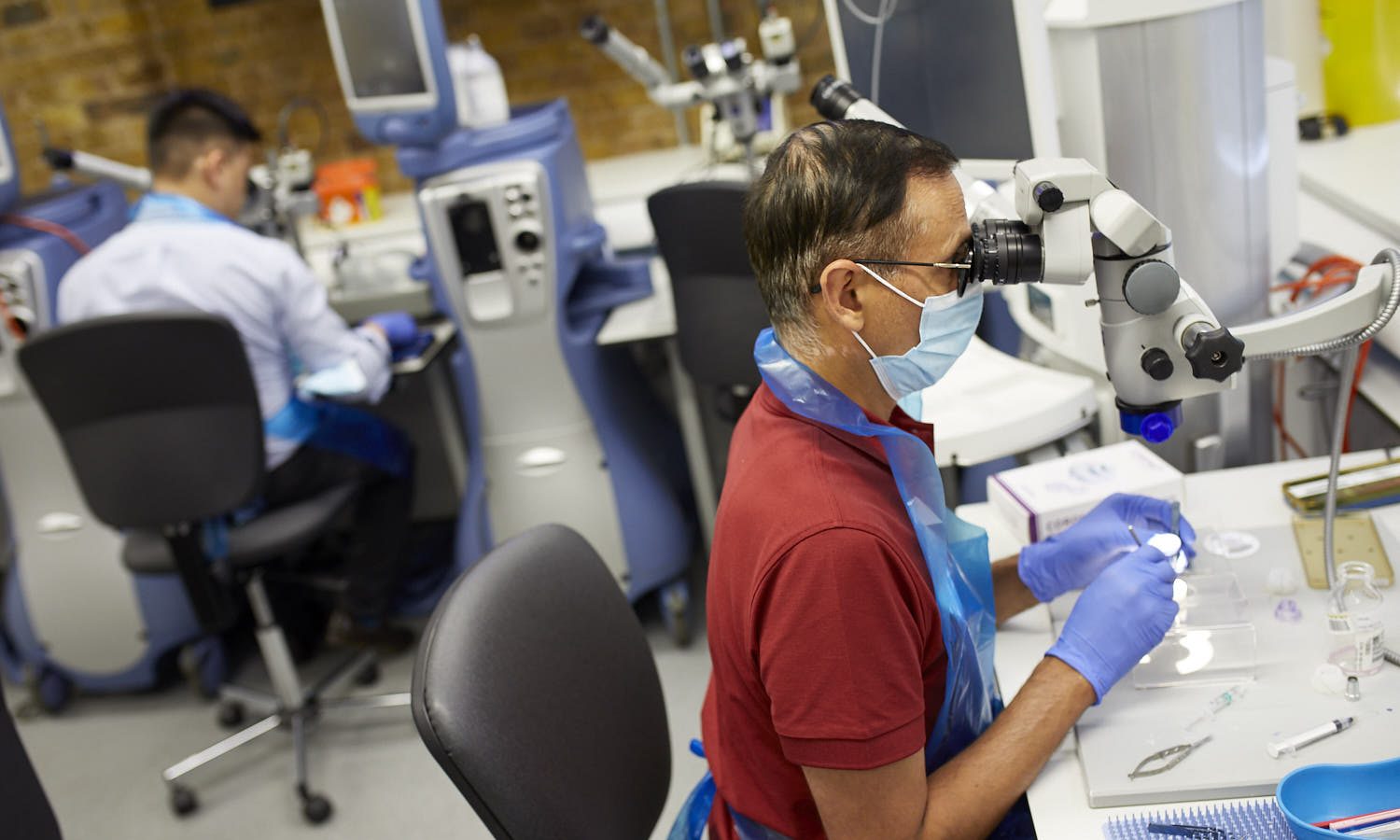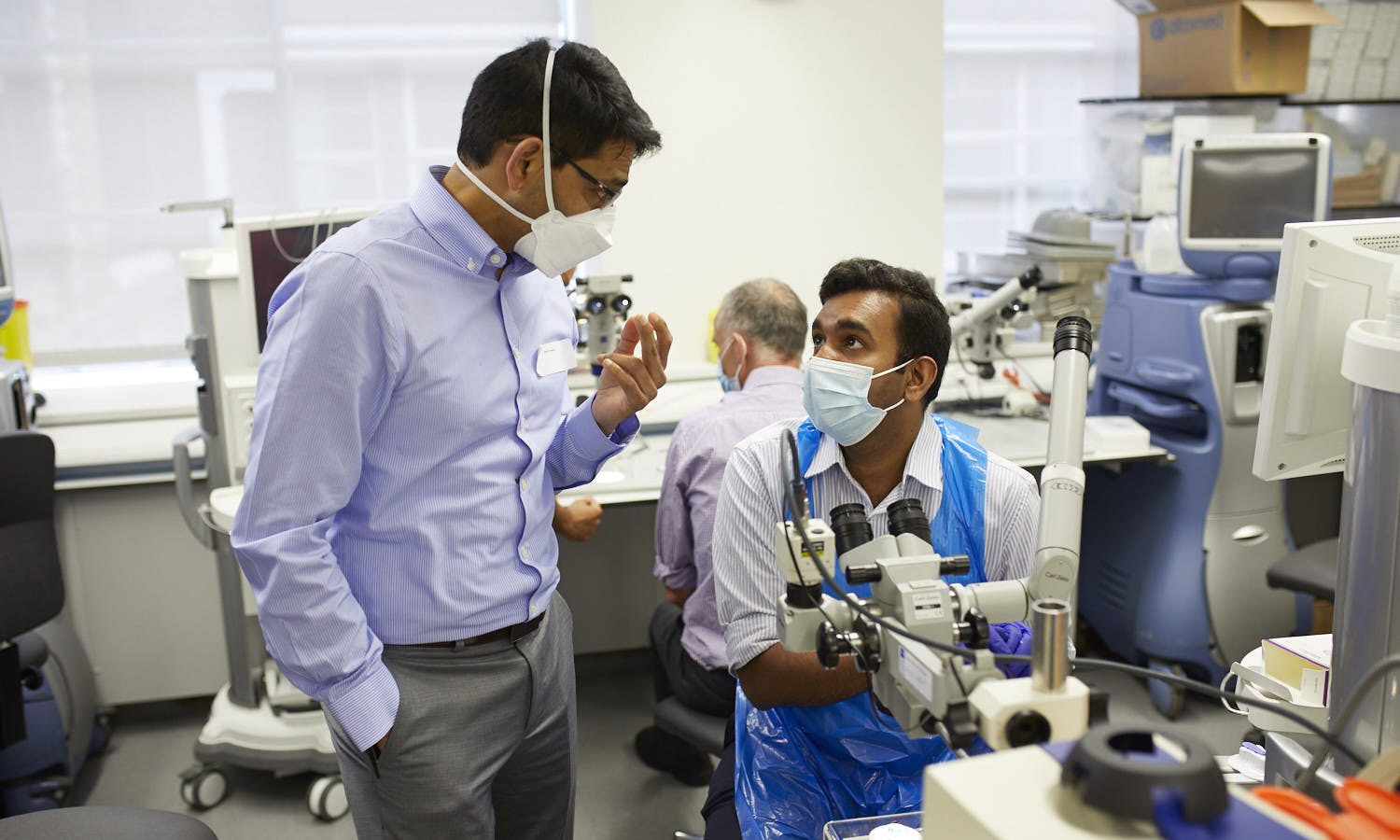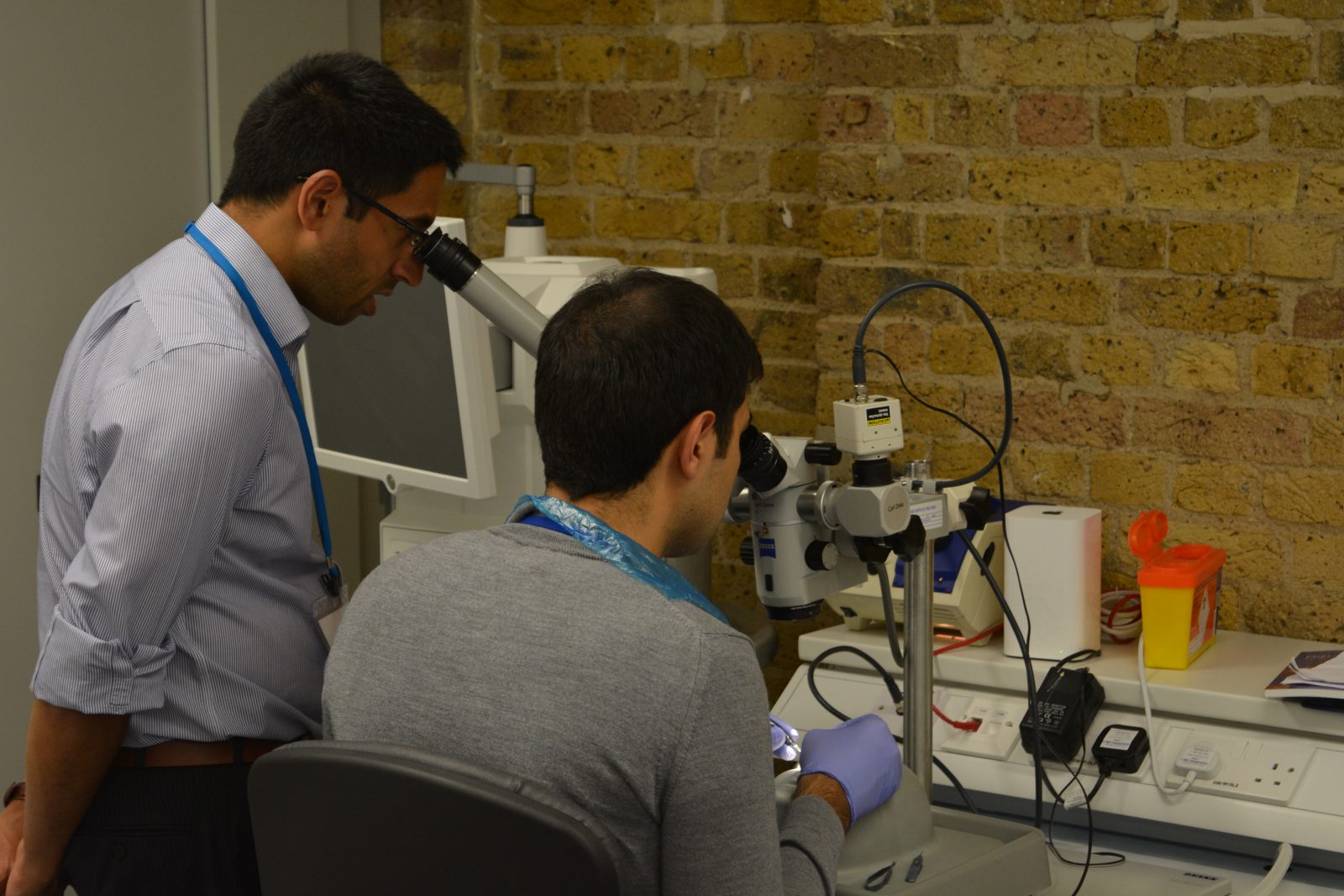This training programme enables locally employed (LED/trust) specialty, specialist and associate specialist doctors to work and train in a structured and formally supported way to achieve Certificate of Eligibility for Specialist Registration (CESR).
The local training programme will attract applicants to provide more well-trained candidates who can apply for CESR in the expectation that they are likely to be successful, thereby reducing the burden on CESR assessors and expanding the consultant workforce. For those who are not successful, this will provide a more comprehensively trained Specialist and Associate Specialist (SAS) doctor cohort and place these doctors in an excellent position to apply for the new Associate Specialist positions.
Increasing capacity within the workforce
Ophthalmology faces ongoing severe capacity issues in the hospital eye service as shown by the RCOphth 2018 Census, with 170 unfilled consultant posts, a further predicted 230 posts needed overall and showing 85% of units have difficulty filling SAS posts.
Despite progress in developing innovative models of care through the use of the non-medical workforce in primary, community and secondary care settings, and increasing virtual and other technological solutions, the RCOphth believes that an expansion of medical posts including at consultant level will be crucial to a safe, sustainable ophthalmic service in the longer term.
Despite an over-subscription to current ophthalmology training posts and an ability to provide more training, Health Education England is unable to support more training places due to a lack of funding and is supportive of new routes to supply the workforce with consultants.
Ophthalmic Local Training curriculum
The curriculum for the local training programme is the same as the one used by trainee ophthalmologists, the Ophthalmic Specialist Training (OST) Curriculum. It describes the essential or core requirements and is organised as a set of Learning Outcomes. These are derived from a description of what a consultant ophthalmologist, as a health care professional in the UK, is able to do and how they approach their practice.
A consultant ophthalmologist in the UK is able to:
- assess a patient clinically, order and interpret appropriate investigations
- manage the patient’s clinical care based upon an understanding of basic and clinical sciences
- be competent in a range of practical and surgical skills
- communicate effectively with a patient and other individuals important in that patient’s care and practise with appropriate attitudes and ethics
- be aware of the doctor’s role within the health and social services
- manage information effectively, efficiently and confidentially
- exercises appropriate decision making skills, clinical reasoning and judgement
- engage in health promotion and disease prevention and clinical teaching
- be aware of their limitations in terms of knowledge, experience and skills and always practises within these limits
- be committed to continuing personal development.
More information about the curriculum
Watch a webinar on the Ophthalmology Local Training Programme
A webinar introducing the OLT Programme and CESR in June 2020.





